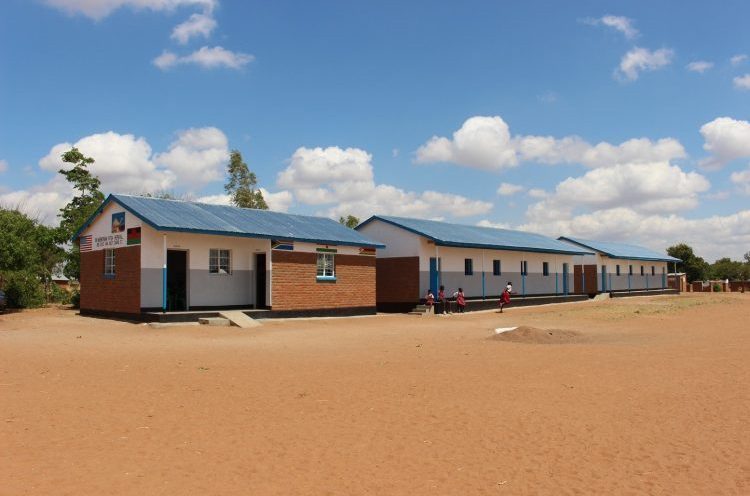GPSA projects
Strengthening Social Accountability in the Education Sector
Country: Malawi
Sector: Education
Executing Agency:CARE International Malawi
Grant Amount: $950,000
Closing Date: January 2019


Frame and Challenge
Despite significant investments in education, Malawi suffers from poor human and social development outcomes. The education sector is characterized by low levels of student achievement and high dropout rates in primary school. There are large disparities in education outcomes as well as shortages and uneven supply of trained teachers, which disproportionately affect rural and poor regions.
Weak institutional capacity and inefficiencies in education procurement systems result in mismanagement of public resources, lack of adequate school infrastructure, and significant delays in the provision of teaching and learning materials (TLMs). A large proportion of teachers in Malawi experience low motivation and high absenteeism rates due to challenging working conditions, irregular and low pay, overcrowded classrooms, budget shortages, and little institutional support. Students graduating from public schools are not adequately equipped with the necessary skills and knowledge to effectively participate in the labor force, imposing a constraint on economic growth.
Solution
Care International Malawi, an organization with extensive experience in Malawi's education sector, received a grant from GPSA to ensure that children have access to high quality, accountable and transparent education services.
The project seeks to, firstly, decrease teacher absenteeism and, second, to increase the level of efficiency, transparency, and accountability in school textbook procurement processes by:
- monitoring procurement processes in the education sector to identify weaknesses; and
- training School Management Committees (SMCs), students, and parents on social accountability tools, such as community score cards, and mobile technologies to monitor teacher absenteeism and teaching and learning materials (TLMs); and
- collecting and curating knowledge to improve project design. The project is implemented in partnership with the Civil Society Education Coalition (CSEC) and technical partner Souktel, and in close coordination with the GPSA project led by the Malawi Economic Justice Network. Information generated through the project will be feed into national and district monitoring and evaluation (M&E) systems to strengthen transparency and ensure the efficient use of public resources.
Outcomes
Project results in the 90 targeted Malawian schools included that:
- Teachers’ absenteeism has decreased by 15% from the Project baseline.
- Participation in schools by community members increased by 30%. Parents and community members now work to address problems that cause teachers’ absenteeism.
- 7,650 community members have been trained in monitoring the procurement process of teaching and learning materials, as well as teacher absenteeism.
- The relationships between teachers, parents and students have improved, as evidenced by increased student attendance and growth in involvement of parents in developmental activities at school.
Lessons Learned
There were multiple takeaways from the CARE Malawi project, including that:
- The Feedback Loop between community members and data processors must be established and strong. Failing to inform collectors on the outcomes of their efforts can risk their demotivation, while teachers must observe action from the monitoring process in order to prevent reversion to absenteeism.
- Recognizing and awarding teachers practicing good attendance habits will prevent motivated teachers from being discouraged and will encourage other underperforming teachers to avoid absenteeism.
- Gender roles must be considered when determining exceptions for teacher absence rules, including the roles which female teachers may play as mothers and leaders in the home.
- The combination of supervision and incentivization will be necessary in sustaining project results and progress. Follow-up and monitoring of this combination will be inherent in its success.
